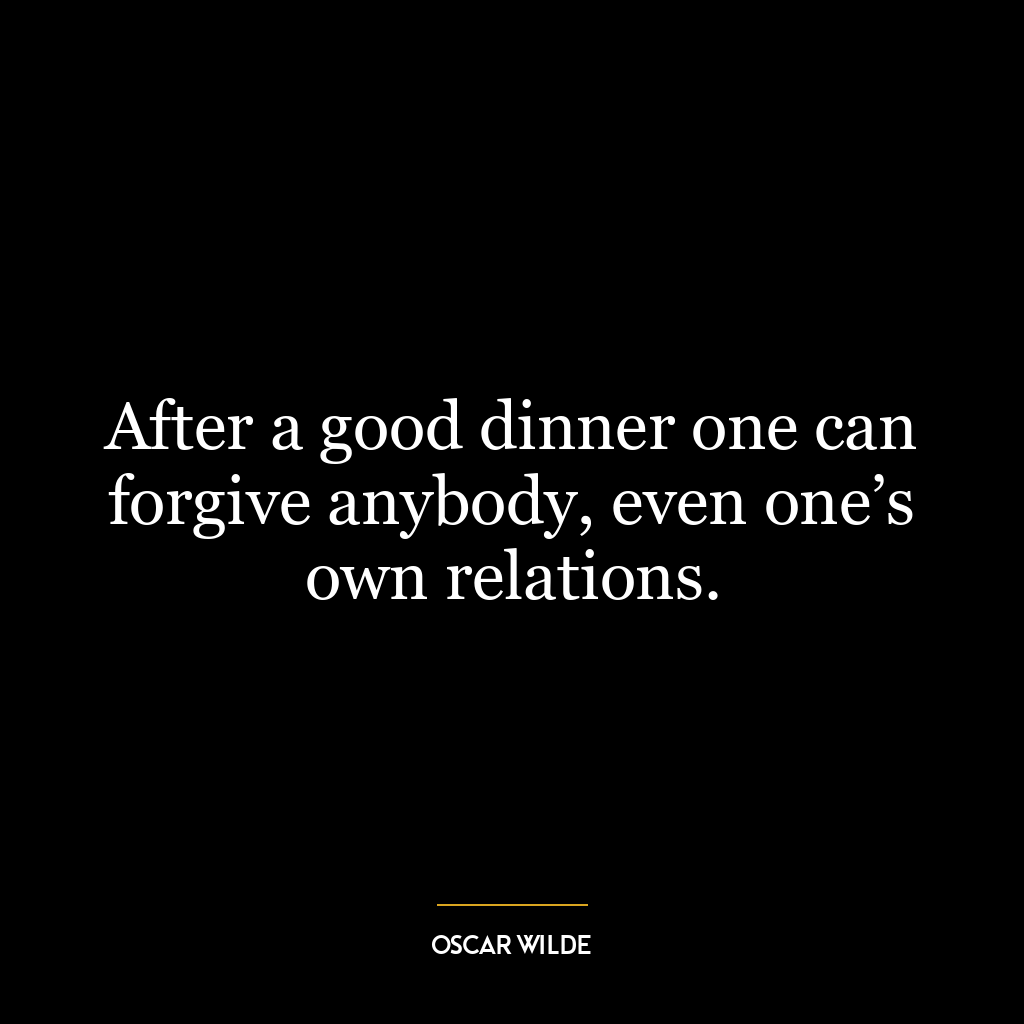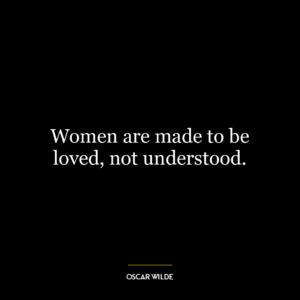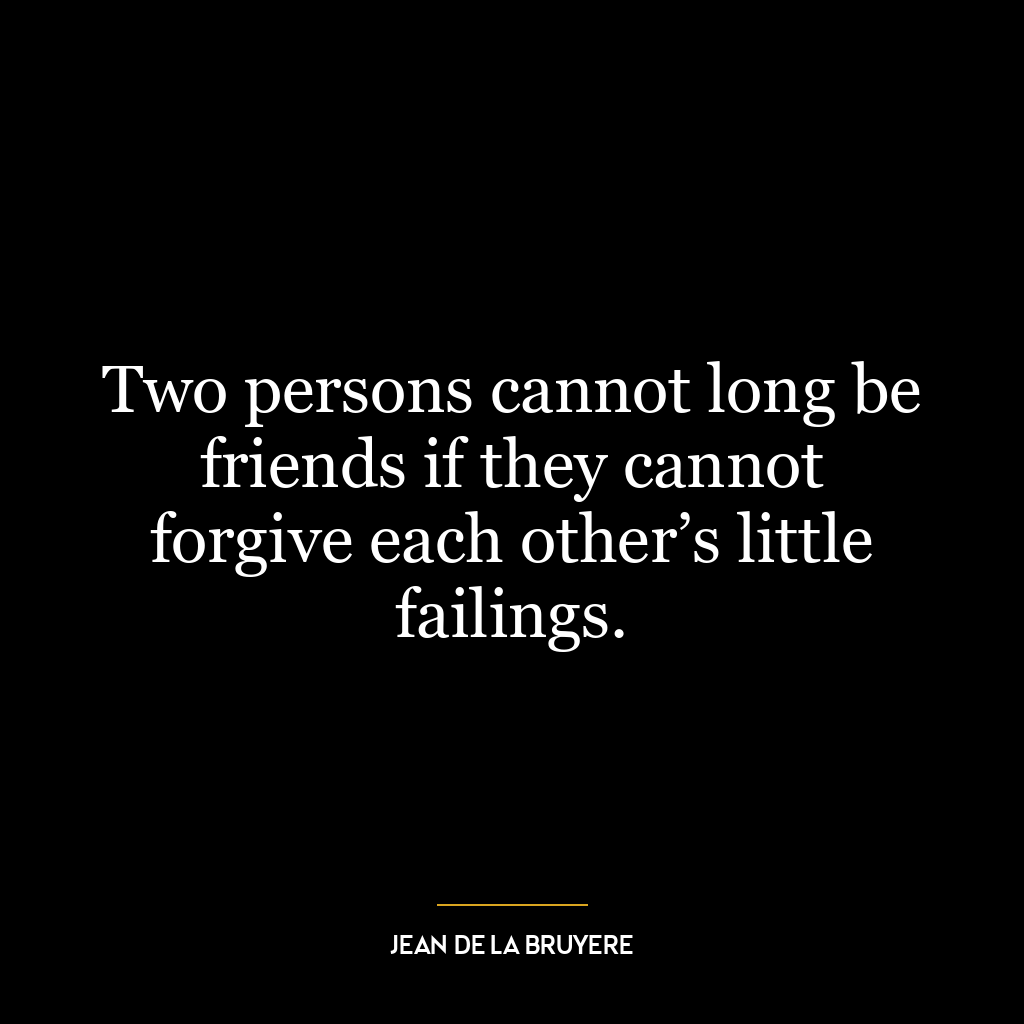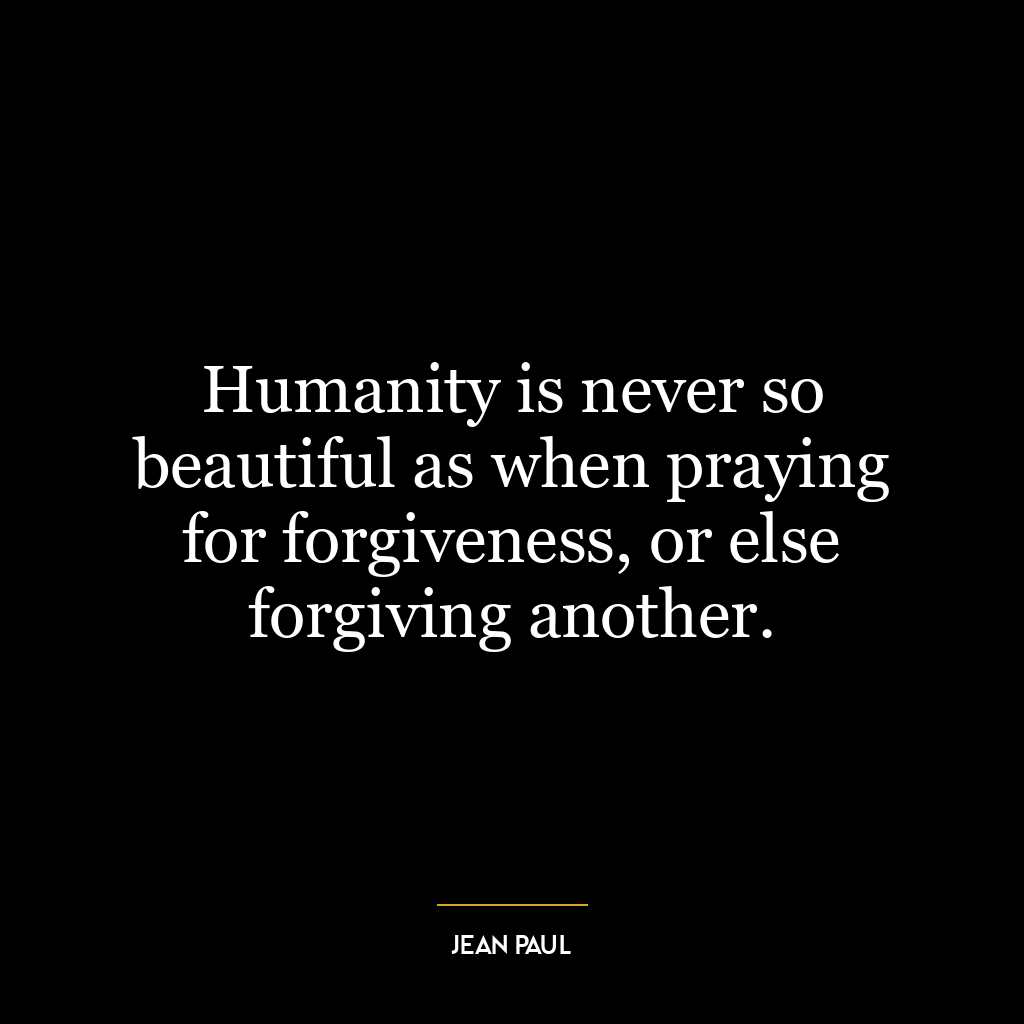After a good dinner one can forgive anybody, even one’s own relations.
This quote underscores the idea that a satisfying meal can put people in a positive and forgiving mood. The fact that Wilde specifically mentions ”even one’s own relations” suggests that family can often be the source of significant tension or conflict, yet the contentment derived from a good meal can momentarily alleviate these tensions, allowing room for forgiveness and a more harmonious atmosphere.
The quote also subtly hints at the role of basic human needs like food in shaping our emotional responses. When our basic needs are met, we are often more capable of empathy, understanding, and forgiveness. On the contrary, when we are hungry or uncomfortable, we may be more likely to react negatively or with impatience.
In today’s world, this quote can be interpreted in a broader sense beyond the literal meaning. “A good dinner” could be seen as a metaphor for any situation or experience that brings us joy, satisfaction, or contentment. When we are in a state of happiness, we are more likely to extend kindness and forgiveness to others, including those who may have caused us distress or discomfort.
From a personal development perspective, this quote can be a reminder to ensure that our basic needs are met, and to seek out experiences that bring us joy and satisfaction. It can also be seen as a call to practice forgiveness, especially towards those closest to us, who often have the power to hurt us the most. It encourages us to find ways to elevate our mood, which can in turn help us to approach our relationships with more understanding and compassion.












